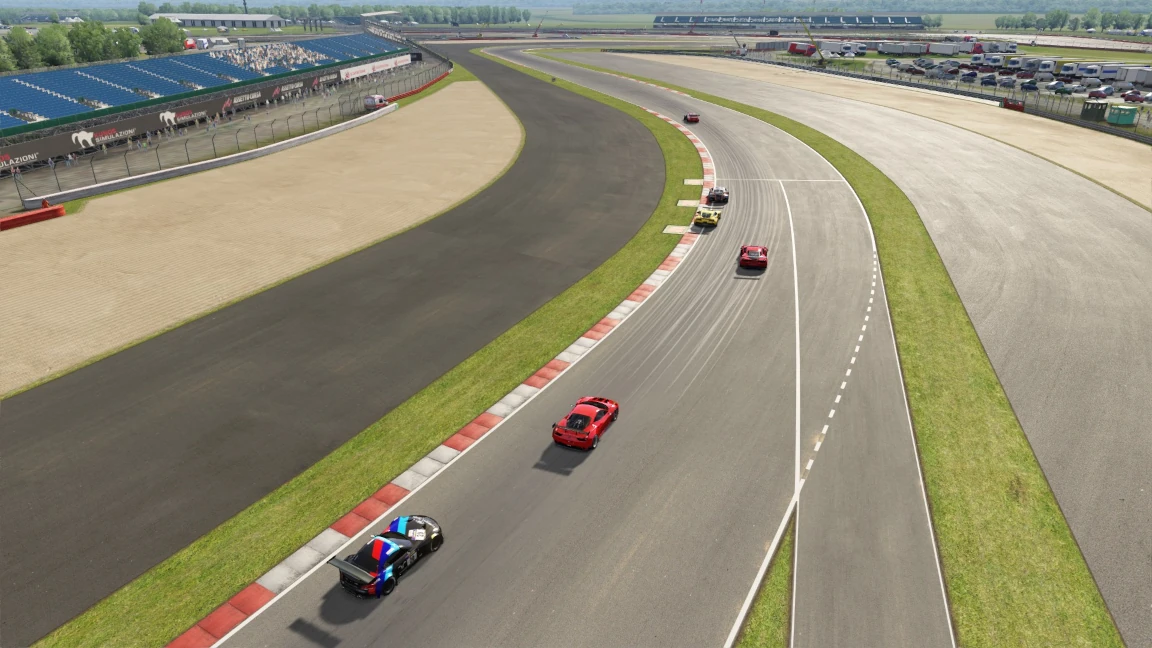Managing fatigue during track sessions is crucial for maintaining your performance and ensuring your safety. Whether you are a beginner or an experienced racer, you can push your body to its limits, but understanding how to manage fatigue is key. In this article, we’ll discuss how to keep your energy up, stay focused, and improve your overall performance during track sessions. By mastering managing fatigue during track sessions, you can enjoy longer, more effective training or racing experiences.
1. Stay Hydrated
One of the most important tips for managing fatigue during track sessions is staying hydrated. Dehydration can quickly lead to fatigue, affecting your concentration and reaction times. Be sure to drink plenty of water before, during, and after your track session. A good rule of thumb is to start hydrating well before your session and continue sipping water regularly. Avoid drinks with high sugar content, as they can cause an energy crash.

2. Get Enough Rest Before the Session
Rest is a major factor in managing fatigue during track sessions. If you haven’t slept enough before a race or practice, your energy levels will be significantly lower. Lack of sleep can also affect your focus and decision-making on the track. Aim for 7-9 hours of sleep before your track day to help your body recover and stay alert.
3. Pace Yourself
It’s easy to get caught up in the excitement of a track session, but pacing yourself is crucial for managing fatigue during track sessions. Push yourself too hard in the beginning, and you risk burning out halfway through. Start at a steady pace and gradually increase your intensity. Listen to your body and take breaks when needed. By pacing yourself, you can maintain a consistent performance throughout your session.
4. Fuel Up with the Right Foods
What you eat plays a significant role in managing fatigue during track sessions. Eating the right foods before your session can provide sustained energy. Focus on balanced meals with complex carbohydrates, lean proteins, and healthy fats. Foods like whole grains, lean meats, fruits, and vegetables can give you the energy needed to perform without feeling sluggish. Avoid heavy meals right before your session, as they can make you feel tired.
5. Take Breaks When Needed
While it may seem counterintuitive, taking regular breaks is essential for managing fatigue during track sessions. Long periods of continuous activity without rest can cause your body to become overwhelmed. Take short breaks to rest, stretch, and relax. This will allow your muscles to recover and prevent fatigue from setting in too early.
6. Warm-Up and Cool Down Properly
Proper warm-up and cool-down routines can help you prevent fatigue and injuries during track sessions. Warming up prepares your body for the physical demands of racing, increasing blood flow and flexibility. On the other hand, cooling down helps your body recover by lowering your heart rate and relaxing your muscles. Both of these routines play a vital role in managing fatigue during sessions.
7. Stay Mentally Focused
Mental fatigue can be just as draining as physical fatigue, especially in racing. Keeping your mind sharp is essential for managing fatigue during track sessions. Avoid distractions and stay focused on your goals. Visualization techniques and staying positive can help reduce mental fatigue. Also, take a moment to relax your mind during breaks, focusing on breathing or visualization to refresh your mental state.
8. Use Energy Supplements Wisely
For some, using energy supplements can be a helpful way of managing fatigue during sessions. Caffeine, in particular, can provide a boost in energy and focus. However, it’s important not to rely too heavily on energy supplements, as they can lead to crashes and dehydration. Use them sparingly and make sure to balance them with proper hydration and nutrition.
9. Monitor Your Body’s Signals
Your body will give you signals when it’s time to rest or slow down. Managing fatigue during sessions involves listening to these signals. If you start to feel dizzy, lightheaded, or overly exhausted, it’s time to take a step back. Pushing through extreme fatigue can lead to mistakes and even injury. Take a break and assess how your body feels before continuing.
10. Practice Recovery Techniques After the Session
Recovery is an essential part of managing fatigue during track sessions. Once your track session is over, engage in recovery practices such as stretching, foam rolling, and eating a nutritious post-session meal. Stretching and foam rolling will help reduce muscle tightness and speed up recovery, allowing you to feel fresh for your next session.
Conclusion
In conclusion, managing fatigue during track sessions is all about maintaining a balance of physical preparation, mental focus, and proper recovery. By staying hydrated, pacing yourself, eating right, and listening to your body, you can ensure that you stay energized throughout your session. Incorporating these tips into your racing routine will not only help you perform better but also enhance your overall experience. Remember, managing fatigue during track sessions is key to staying safe and maximizing your potential on the track.











